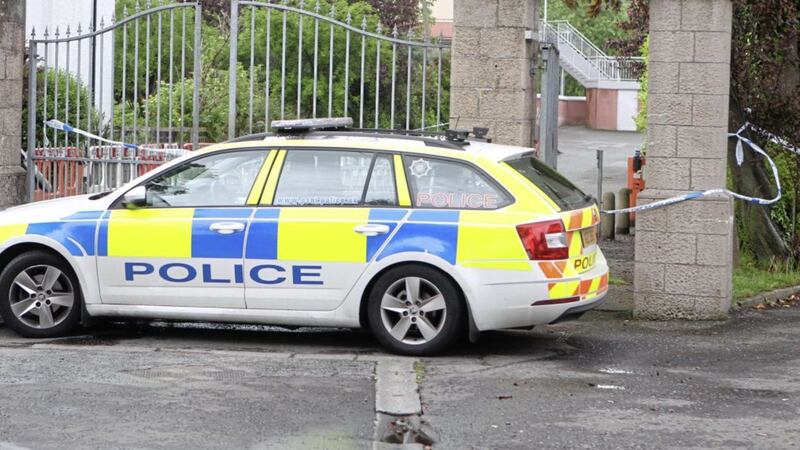A MAN accused of trying to murder a PSNI officer is set to remain behind bars after refusing to appear before a court today.
Peter Granaghan had been due to apply for bail on charges linked to a bomb found under the off-duty policeman's car at a golf club in east Belfast last year.
But a judge was told the 39-year-old was not being brought to video-link facilities at Maghaberry Jail for the scheduled hearing.
A prison officer confirmed: "He is refusing to come over."
Belfast Magistrates' Court also heard prosecutors "strenuously opposed" Granaghan's renewed bid to be released from custody.
With no defence lawyer in attendance, District Judge George Conner adjourned the application for four weeks.
"If it can be done administratively well and good, if not (it will be) listed for hearing," he said.
Granaghan, of Blackrock Park in Belleek, Co Fermanagh, is charged with the attempted murder of a serving PSNI officer, as well as making and possessing explosives with intent to endanger life.
He denies involvement in the thwarted attack for which dissident republican terror grouping The New IRA claimed responsibility.
A previous court heard the off-duty officer discovered the booby trap bomb below his car while it was parked at Shandon Park Golf Cub on June 1.
He had just finished a round of golf and was walking back to the vehicle when he spotted something underneath it.
Army technicians carried out a controlled explosion at the scene to disrupt the device and seize items for forensic examination.
In its claim of responsibility, The New IRA declared the bomb would have exploded if it had travelled over uneven terrain.
The organisation also warned: "We were unlucky this time, but we only have to be unlucky once."
Granaghan is allegedly linked by partial DNA profiles on components of the device, according to the prosecution.
His legal team contend that any forensic traces on wires and battery connectors can be explained by innocent contact during past work as an electrician and handyman.
However, following today's no-show the case has now been put back to April 21.








